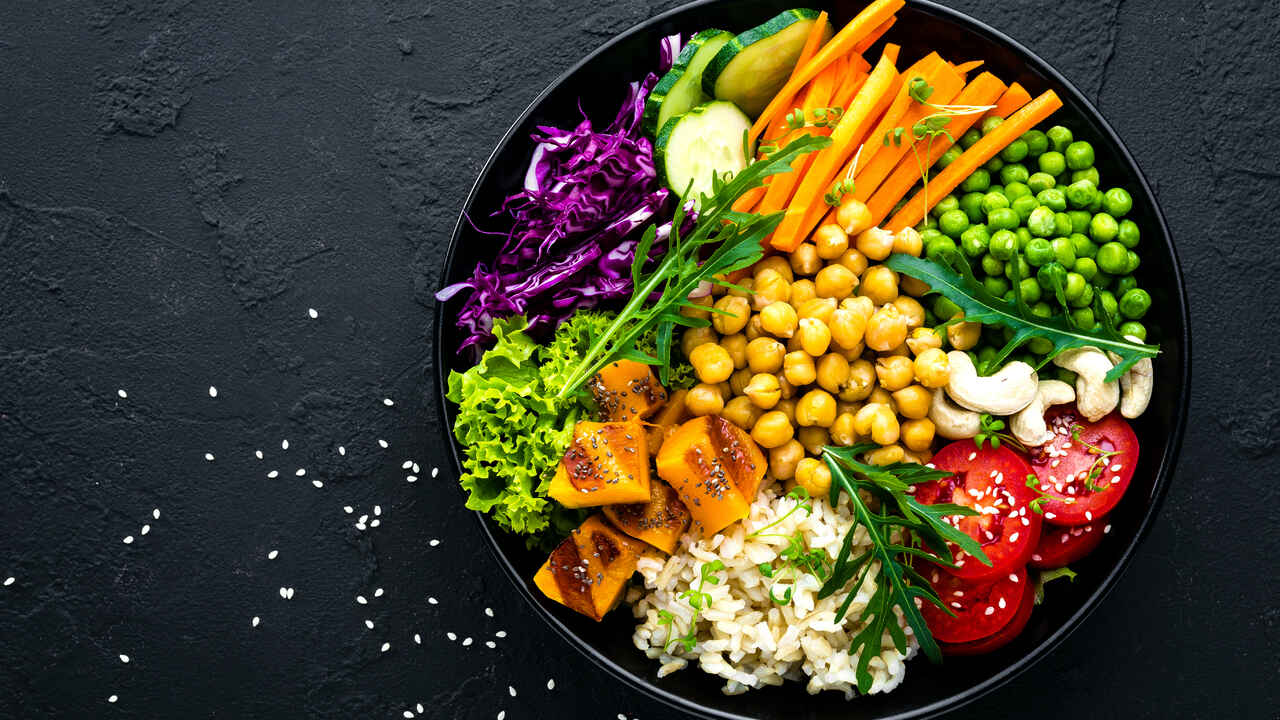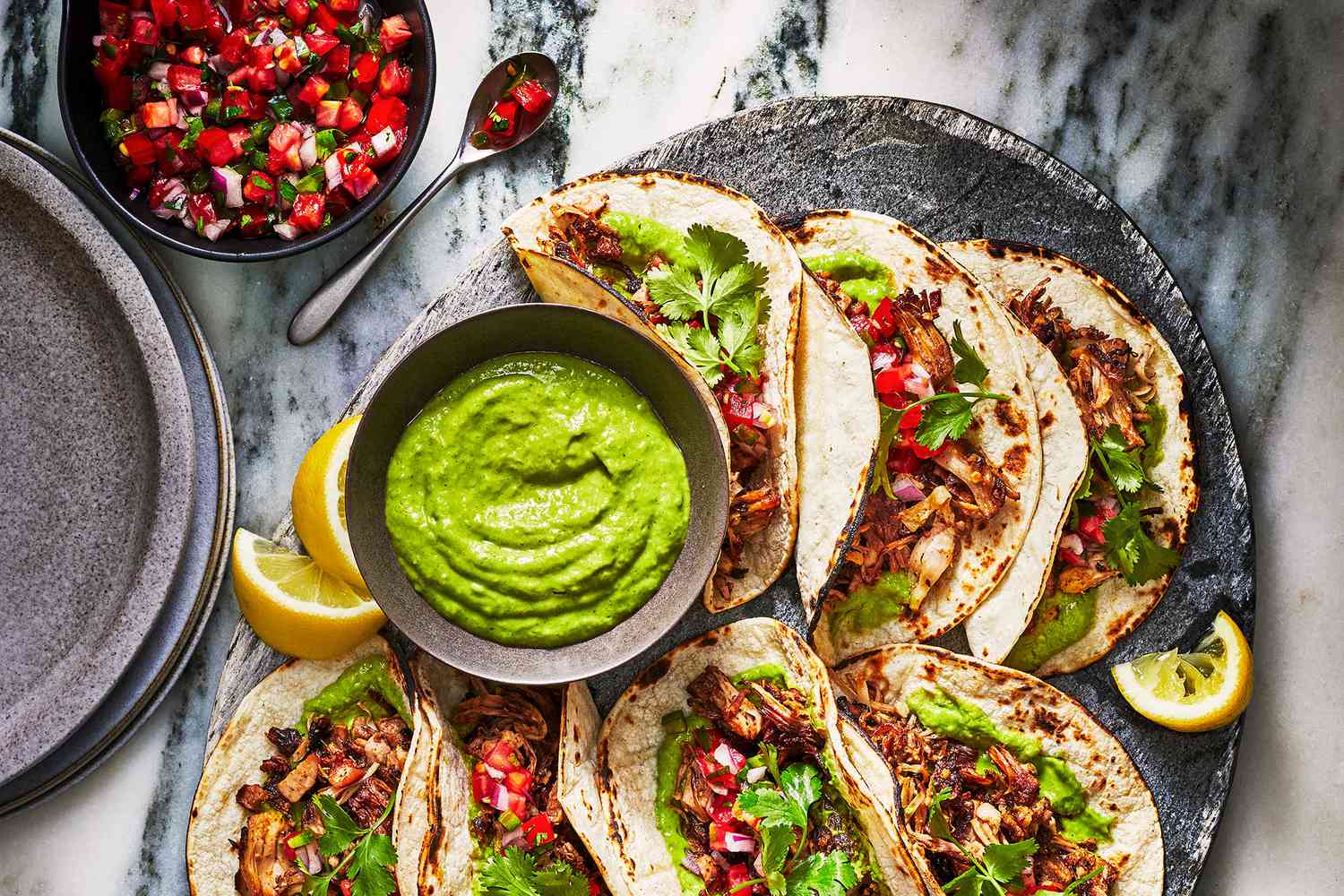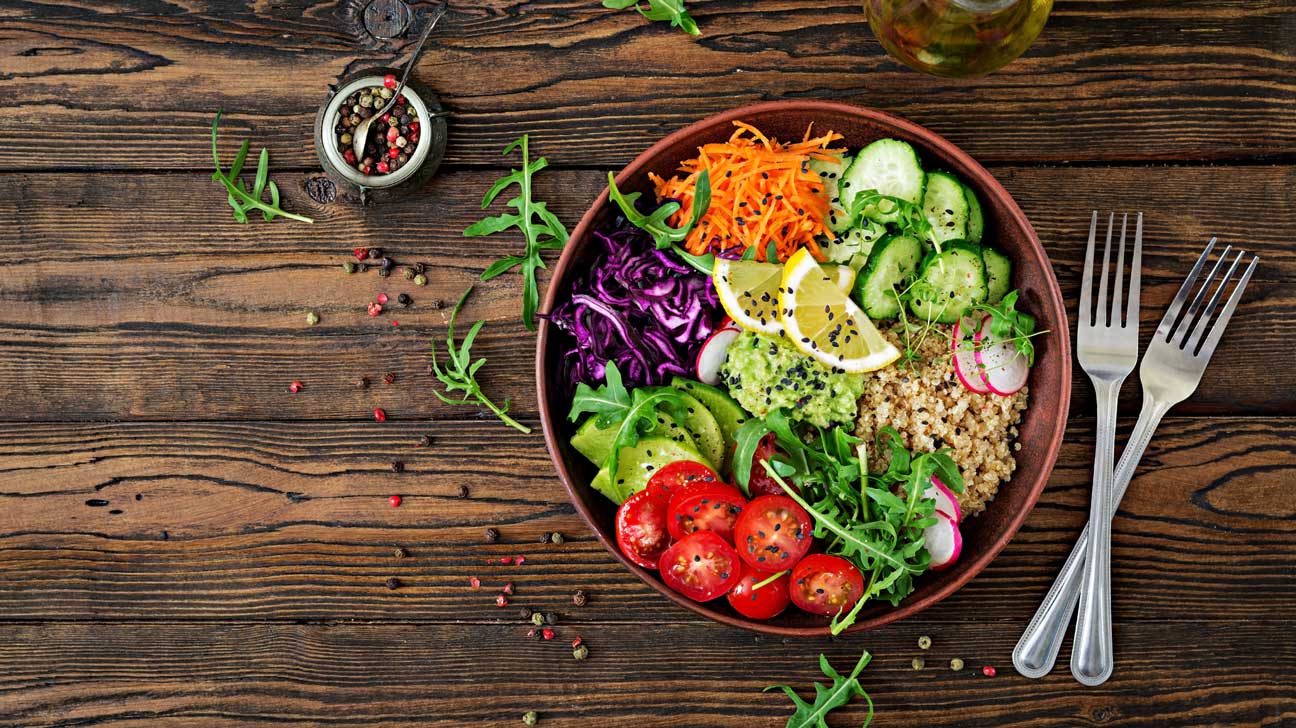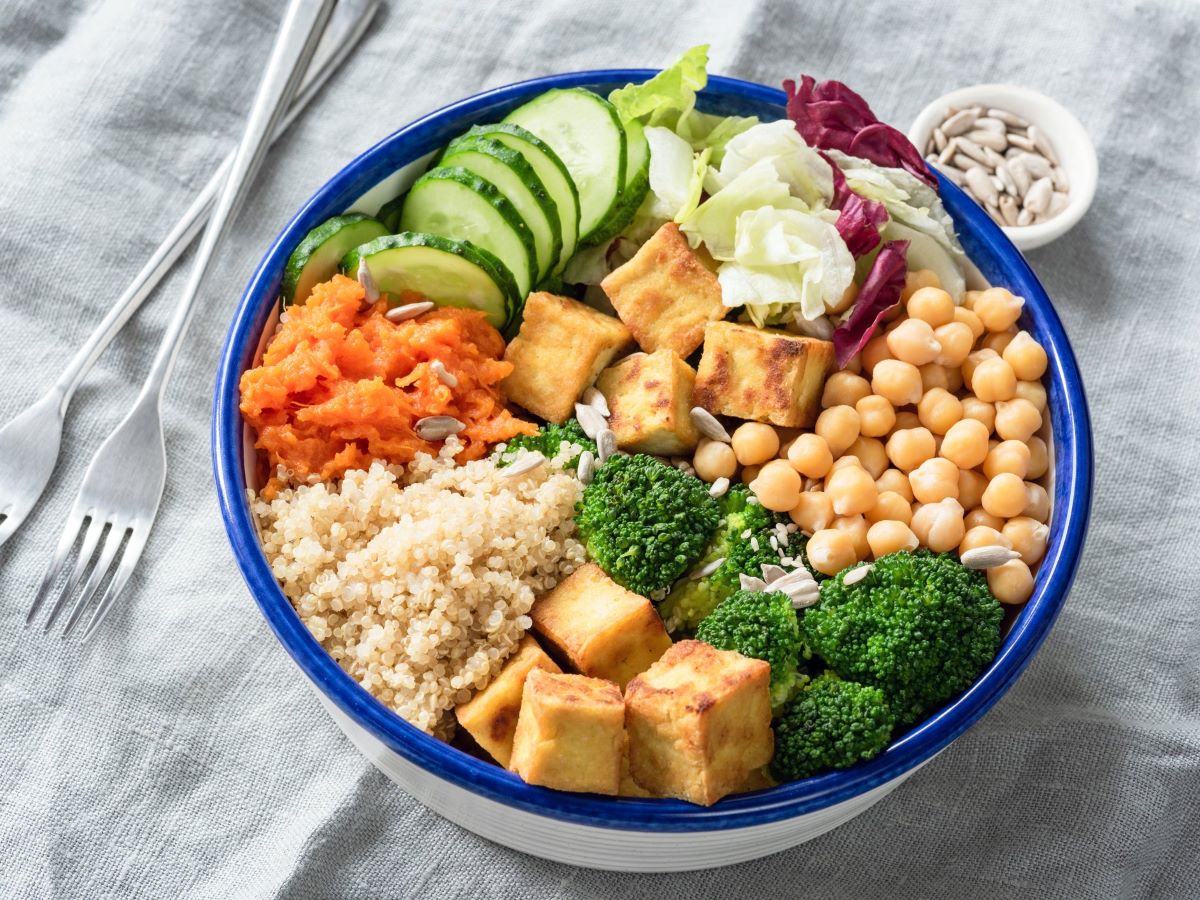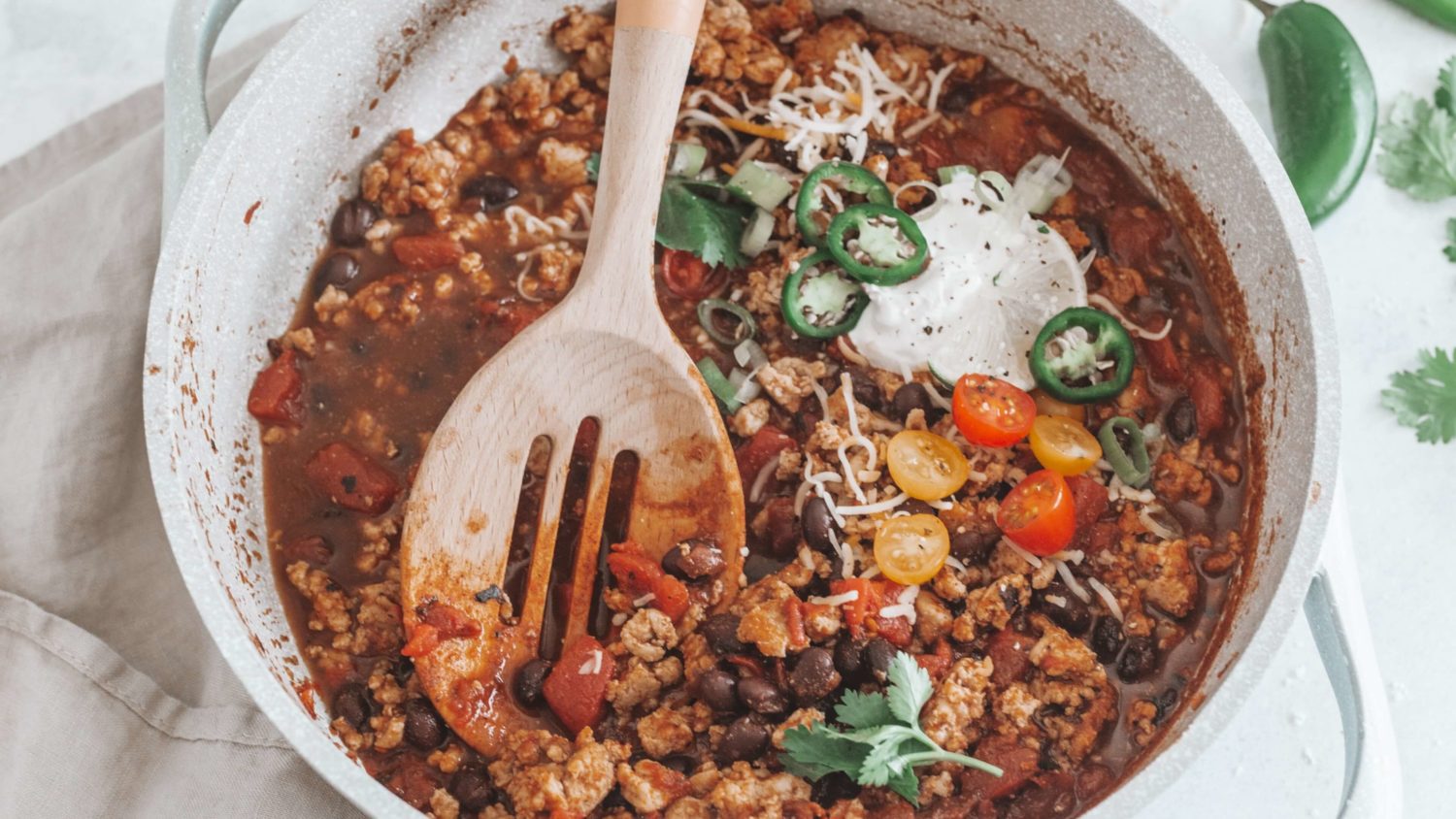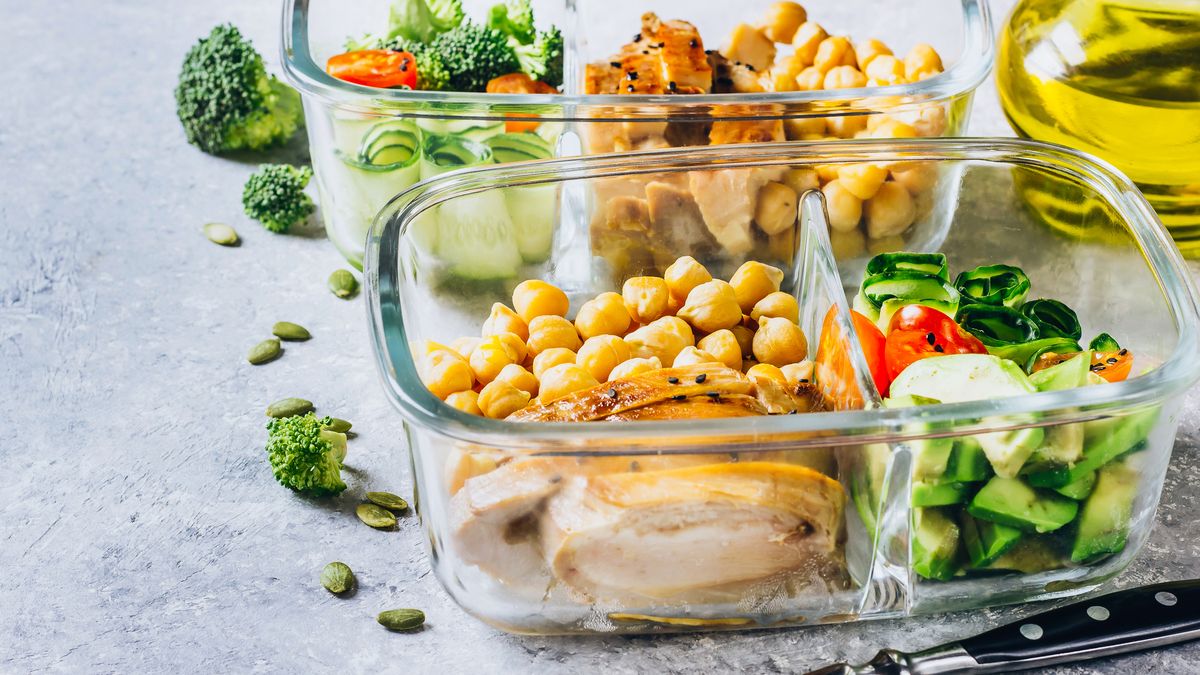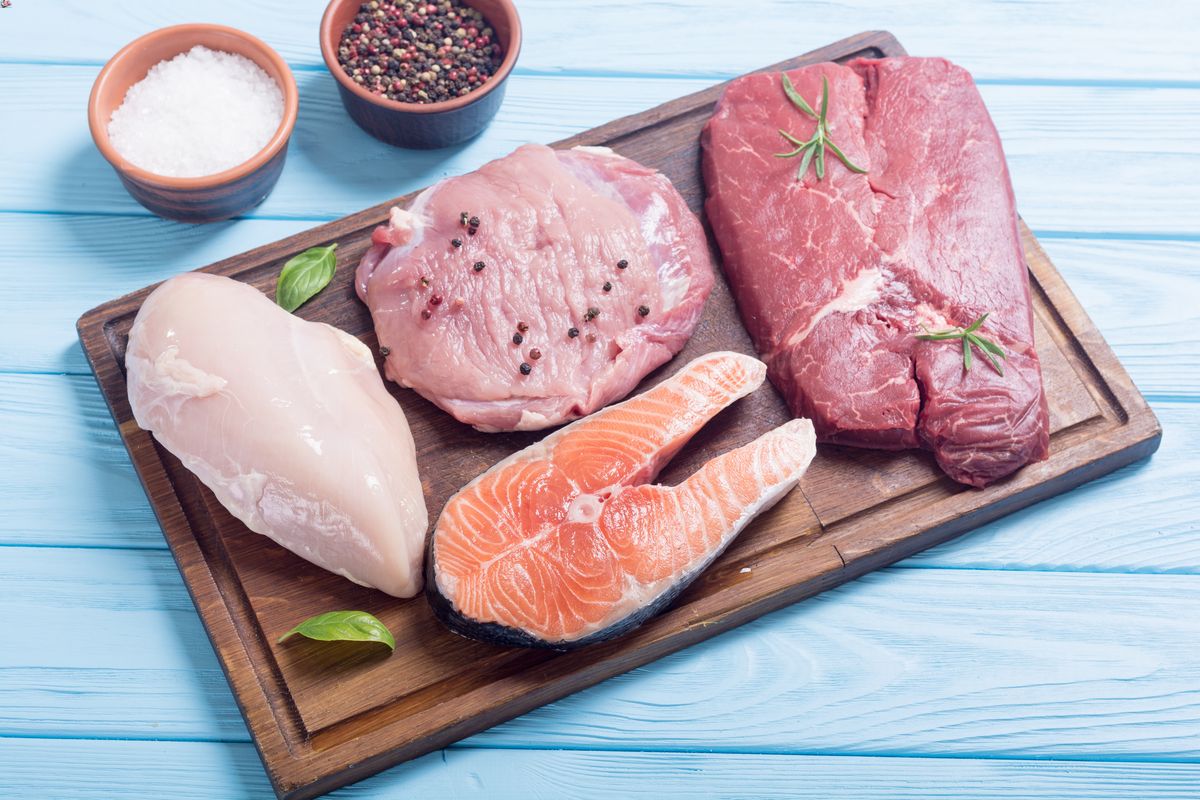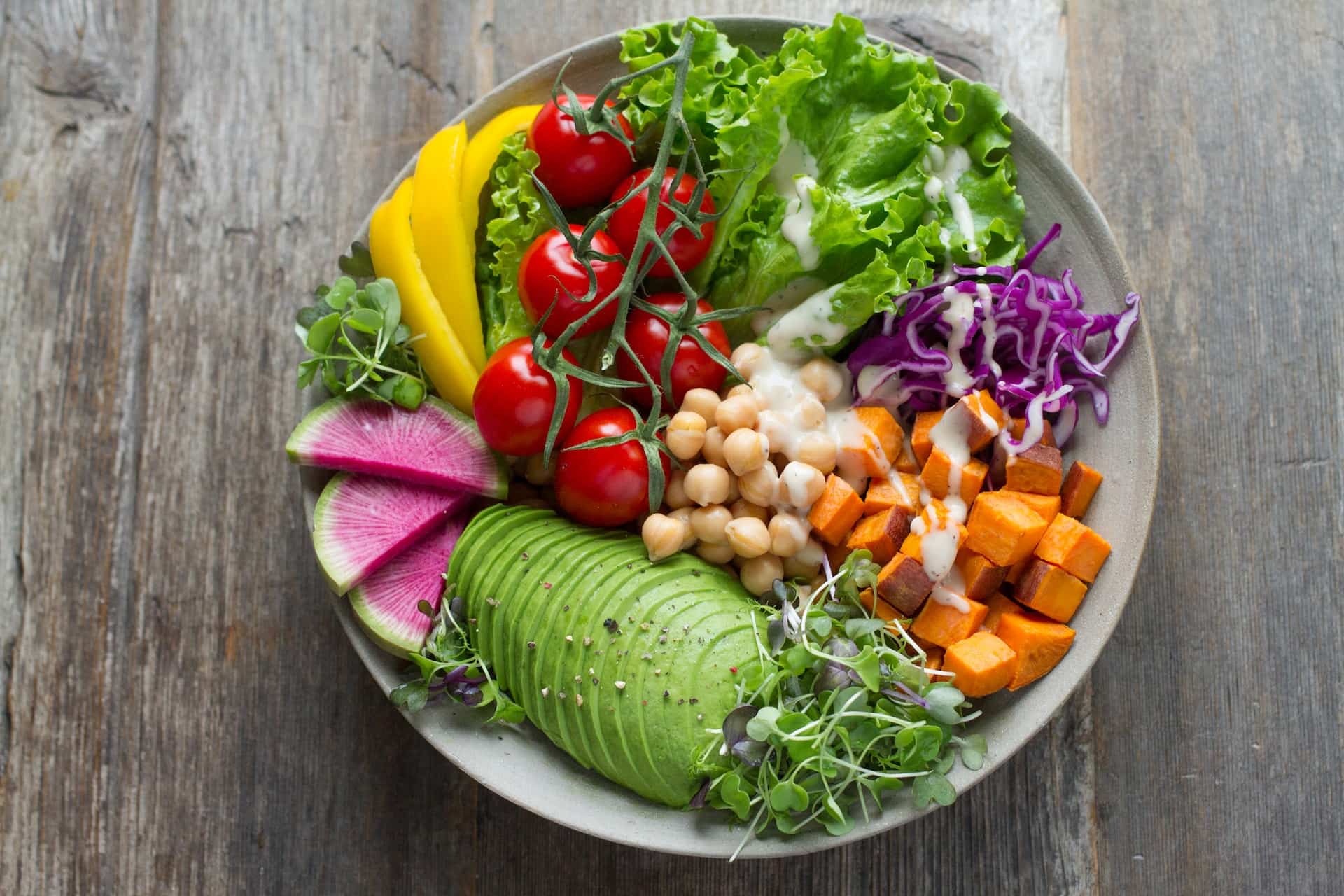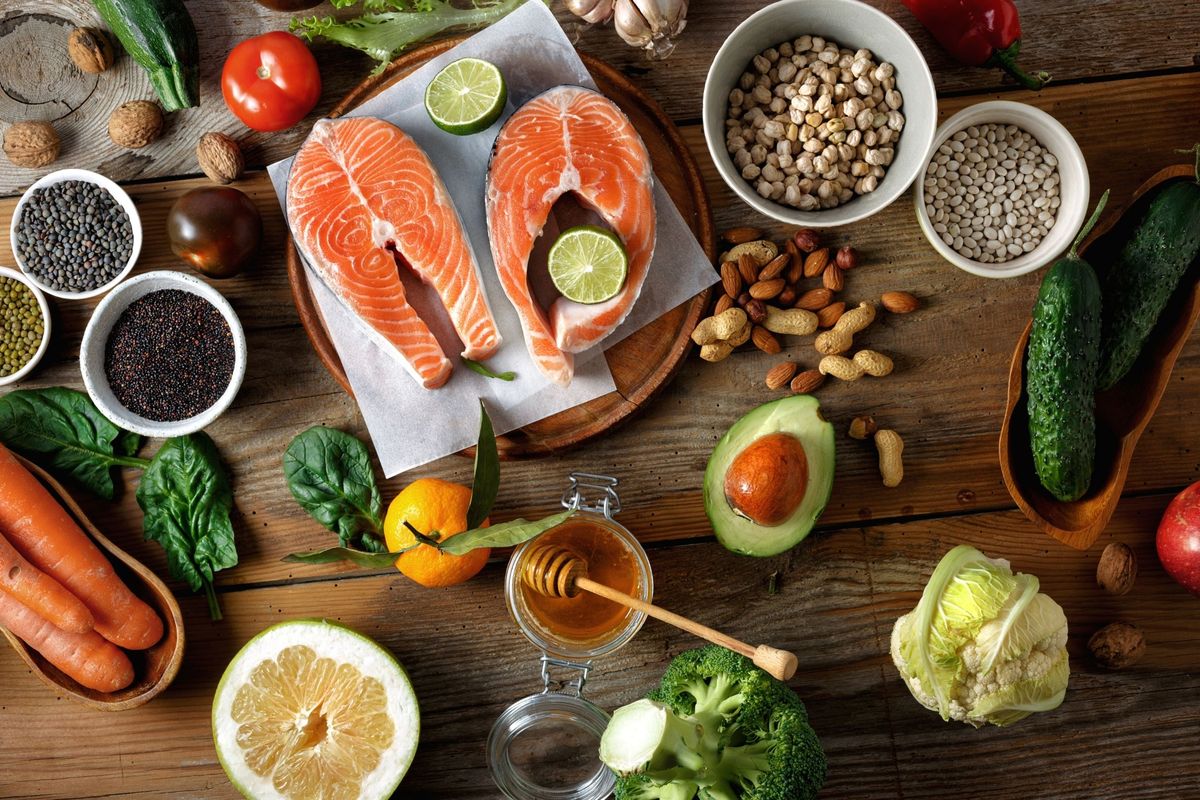How to Maintain a Balanced Vegetarian Diet
Adopting a vegetarian diet can be a healthy and sustainable choice for many people. However, it’s important to ensure that your diet is balanced and provides all the necessary nutrients for your body to function optimally. Here are some tips on how to eat a balanced vegetarian diet:
Include a Variety of Foods
One of the keys to a balanced vegetarian diet is variety. Make sure to include a wide range of fruits, vegetables, whole grains, legumes, nuts, and seeds in your meals. This will help you obtain a diverse array of nutrients and prevent monotony in your diet.
Get Your Protein
Protein is an essential macronutrient that is crucial for muscle repair and growth. As a vegetarian, it’s important to include protein-rich foods such as tofu, tempeh, lentils, chickpeas, and quinoa in your diet. These foods are not only high in protein but also provide other important nutrients like iron and zinc.
Don’t Forget About Iron
Iron is vital for carrying oxygen to the body’s cells. While it’s more readily available in animal products, there are plenty of plant-based sources of iron as well. Spinach, lentils, chickpeas, and fortified cereals are all good options for boosting your iron intake.
Omega-3 Fatty Acids
Omega-3 fatty acids are important for heart and brain health. While they are commonly found in fish, vegetarians can obtain them from flaxseeds, chia seeds, walnuts, and algae-based supplements.
Calcium Sources
Calcium is essential for maintaining strong bones and teeth. Dairy alternatives such as fortified plant milks, tofu, kale, and broccoli are all good sources of calcium for vegetarians.
Vitamin B12
Vitamin B12 is primarily found in animal products, so vegetarians need to ensure they are getting an adequate amount either through fortified foods or supplements. Nutritional yeast, fortified plant milks, and cereals are some options to consider.
Plan Your Meals
Planning your meals in advance can help ensure that you are getting a balanced diet. Aim to include a variety of foods from all the different food groups in each meal to make sure you are getting all the necessary nutrients.
Final Thoughts
Following a balanced vegetarian diet is not only good for your health but also for the environment. By being mindful of the nutrients you need and incorporating a variety of plant-based foods into your meals, you can easily meet your nutritional requirements while enjoying the benefits of a vegetarian lifestyle.
Remember, it’s always a good idea to consult with a healthcare professional or a registered dietitian before making any significant changes to your diet, especially if you have specific health concerns or dietary restrictions.
